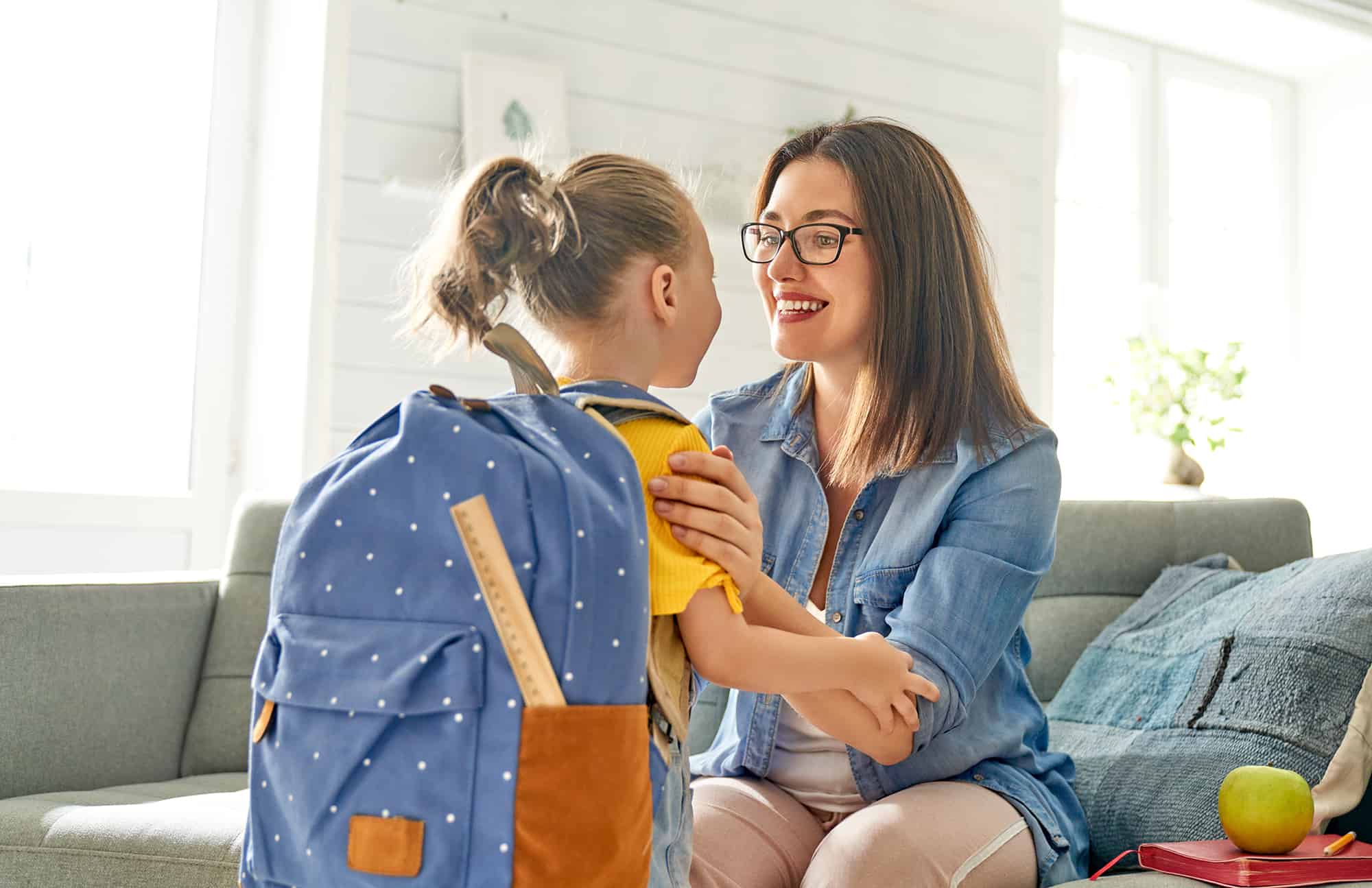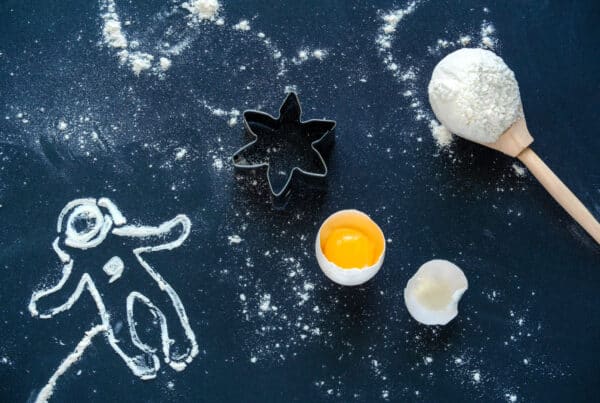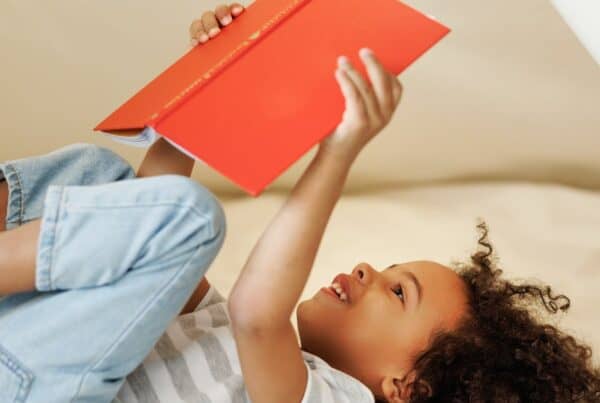Are you worried about getting yourself and your child ready for back-to-school time? Do you want more than the same tips on getting uniforms ready, saving money on school supplies and creating routines? Are you interested in helping your child develop life skills that will help them socially and academically? Then you’ll enjoy Dr Rosina’s back-to-school guide with a difference.
Friends
Did you know that studies have suggested that approximately 75 percent of your child’s time at school is spent in social interactions? So, the quality of your child’s interactions with their teachers, peers and their friends has a significant impact on their success at school. While you can’t pick your child’s friends, you can provide them with strategies that will help them select their friends wisely.
You can start by helping your child understand that the idea of just one ‘best friend forever’ can lead to a lot of disappointment and unhappiness, as arguments and change are inevitable. Instead, encourage your child to enjoy having a number of friends. This is a good strategy as it is less likely to result in your child feeling isolated and alone when disagreements between children arise.
Encouraging your child to be open to diversity in their friendships and to befriend different kinds of people, some who share their own interests and culture and others who don’t, holds many advantages. A final tip for your child; is to explain that a child on their own is more likely to want a friend than a child who’s already in a group – so that is a great place to start to make new friends – it’s a win-win!
Interacting positively with teachers is so important for you and your child, so take the time to get to know your child’s teachers.
Meet Teachers
As you get closer to the back-to-school date, organise for an onsite or virtual tour of the school with your child and meet with their teachers. Opening the lines of communication and building a friendly relationship with your child’s teacher will support your child in many ways! You can share any special needs your child may have and discuss any difficulties they may be experiencing. Your child is more likely to feel more confident on the first day of class if they have already met their teacher in a video chat or in person. You can also understand more about the activities and new classes for the year and how much and the type of homework to expect.
Having a dedicated quiet place at home for children to read, write, draw, be creative and complete homework helps them to continue their learning. Completing homework can play an important role in your child’s learning journey and teaches them about responsibility and perseverance. While most children don’t ‘love’ the idea of doing homework, there are ways to help make it easier.
Homework Area
Prepare a special area for your child to study and complete their homework after school. Ideally this is a clean and quiet space with no access to internet or television. Involve your child in the design so they feel part of the process and it is inviting for them. Let them know you’ll be available to help with homework once school starts and have their special homework space ready to go by the first day of school with all the school supplies they might need. To encourage reading, create a comfy place to sit back and enjoy a book. A timer helps motivate children to complete their homework on time as they know it once it’s done – they can play!
Even if your child doesn’t have formal homework requirements for school, having a quiet place to read, watch educational videos, listen to podcasts and enjoy creative activities, will create the right environment for exploration and support your child’s ongoing learning.
Preparing for homework after being away from school and enjoying the summer holidays can result in back-to-school anxiety.
Relieve Back-to-School Nerves and Inspire your Child
Talking about the upcoming school year and the changes your child might experience can help reduce some of their back-to-school anxiety. You can also motivate and inspire your child by discussing the exciting new classes, activities and events they can participate in during the year. Making time to listen is important. Ask open ended questions and be patient when it comes to waiting for answers. What do you think it will be like when you go back to school? What are the things you’re looking forward to? Is there anything you’re worried about – seeing friends? New Teachers?
School is not always a good experience as it can be a source of problems and difficulties.
Exploring Solutions to Potential Problems
Can you remember back to your days at school and the difficulties you faced and all things that can go wrong? Imagine, if you had discussed them with your parents beforehand and developed and practised strategies to cope. Take the time to talk about topics like: not knowing anyone, bullying, accidents, drugs and alcohol, strangers and peer pressure. Your child is more likely to cope better if they have discussed these kinds of situations; role-played and practised strategies before a problem actually occurs in real life.
Children will look to you for guidance and solutions until they can develop their own strategies.
Set a Good Example
Children learn more from what their parents do than what they say. So, it’s up to you to set a great example and be the kind of person you’d like your child to become. You can’t expect them to be organised, tidy and thoughtful if you’re messy, disorganised and inconsiderate. You can’t expect children to be able to resolve conflict peacefully if you yell at them and punish them for making mistakes. Help children learn to regulate their emotions and to try and resolve problems with kind words rather than using their fists or by being mean. You can help your children learn how to manage their emotions and make friends by completing the 12 activities in my life skills e-book https://www.drrosina.com/communication-and-relationships
A little kindness goes a long way.
A Special Surprise for Your Child
Prepare a little surprise like a personal note, a special photograph or even a treat and place it in your child’s bag for them to find throughout the day. This little surprise will show you care, reassure your child that they are loved and probably inspire a big smile!
Self-Care is at the Heart of Good Parenting
On a final note, remember to take care of yourself – not just over the school holidays, but throughout the year, as a tired and grumpy parent is no fun for anyone. Well-rested and happy parents make better decisions, are calmer and more compassionate with the children and each other, which supports a happier and calmer household. It also sets a great example of work-life balance for your whole family.
You and your child are now ready to start a new school year with confidence! This will make the transition back to school easier and will also help your child develop the key life skills they need to lead a happy and successful life.




